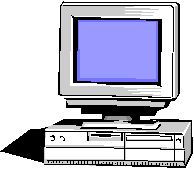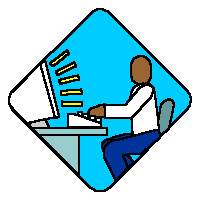|
The loudest social justice issue related to computers we heard about in the nineties was a question of access. Scholars pointed out that there was a gap between the information haves (those with access) and have-nots (those with no access). True, at first, one needed a credit card to gain access to the on-line world of cyberspace. My first access was at work in 1980, but at that time the on-line world was very small. In 1994, the National Capital FreeNet provided access to Usenet, the Web and e-mail for a modest donation. No credit card was required. Today, access can be obtained by trading personal information in the form of surveys for cost free access. Internet Service Providers are available that will put the bill on the phone bill or cable bill rather than a credit card. Since the question of access was considered an important social justice issue in regards to computers, and since access without authorisation is a crime, this social justice issue should be analysed in terms of hackers.
Some scholars have suggested that hackers will not hack if given better computer access[5]. But hackers present a more serious issue than simple access to cyberspace. There is also the case of viruses and anything else that could be destructive of property or life. This leads the topic of computer ethics into the world of criminal justice. The poor are charged more often with crimes and have less money to defend themselves in court[7]. Thus, a teenage hacker is not likely to win her/his law case. Thus, the laws are being made, not to administer justice to hackers, but rather to protect vested interests of computer systems owners (and that means to protect corporate America). It follows that hackers can join the many on the left complaining about the greed of corporate America. While hackers do help with organising protests, like the Seattle World Trade Organization shutdown ,it is actually ordinary people, empowered by the Internet, who organized this event. It was after the fact that people posting to Usenet computer security newsgroups labeled these ordinary computer users and protest organizers as computer criminals. One can see that 'computer criminal' will be misused as a label for any one we don't like. In fact, in Canada, no computer hacker case has gone before the Supreme Court. Therefore, we still don't have a fair and unbiased view from our best legal minds.
|
|

